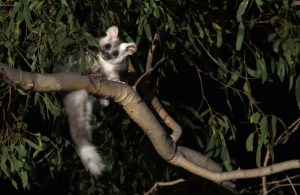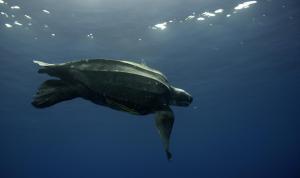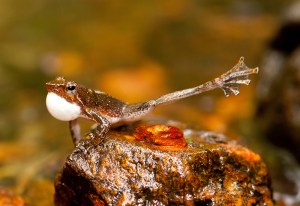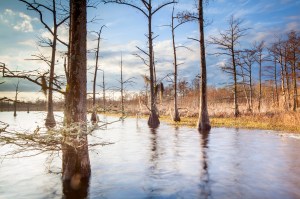Discover stories in Geography
Meet the Bat Falcon, the ABA Area’s Newest Bird
Meet the bat falcon, one of 5 new species added to the American Birding Association's checklist.
Using Artificial Intelligence to Understand Solar Energy’s Impact in India
India has set ambitious renewable energy goals, necessary to address climate change. But given the large footprint projected to meet […]
In the Field with Wolverines
A biologist’s memorable experiences tracking wolverines in central Idaho.
Lost Orchid Found: Flower “Extinct” Since 1902 Blooms
An amateur naturalist finds a plant that’s been “extinct” for more than a century.
It’s a Trap: Managing Cowbirds to Save Songbirds
Trapping cowbirds may be necessary to protect some songbird species. But when is trapping too much?
10 Weird Australian Marsupials You’ve Never Heard Of
Some of Australia’s coolest species are ones that few people know about.
Finding Mini Frogs: These Aren’t Babies, They’re Just Little
They aren’t babies; they're just very small. Six new mini frogs discovered in Mexico.
How to Remove Skunk Scent (And No, It’s Not Tomato Juice)
Did your pet have a run-in with a skunk? Here’s a three-ingredient recipe that actually works to remove the stench. No tomato juice required.
The Fight to Save Western Pacific Leatherbacks
A new monitoring effort will gather information about the world's most endangered population of leatherback sea turtle.
India’s Fantastic Freshwater Fauna and Where to Find Them
From blind mahseers to dancing frogs, meet India’s wild and weird freshwater fauna
Meet the Eastern Phoebe, the Flycatcher that Coexists with Humans
Cool facts and backyard tips about the eastern phoebe.
Protecting and Restoring the Floodplain Forest
Floodplain forests are among the most biologically rich habitats, but they’re critically imperiled.











